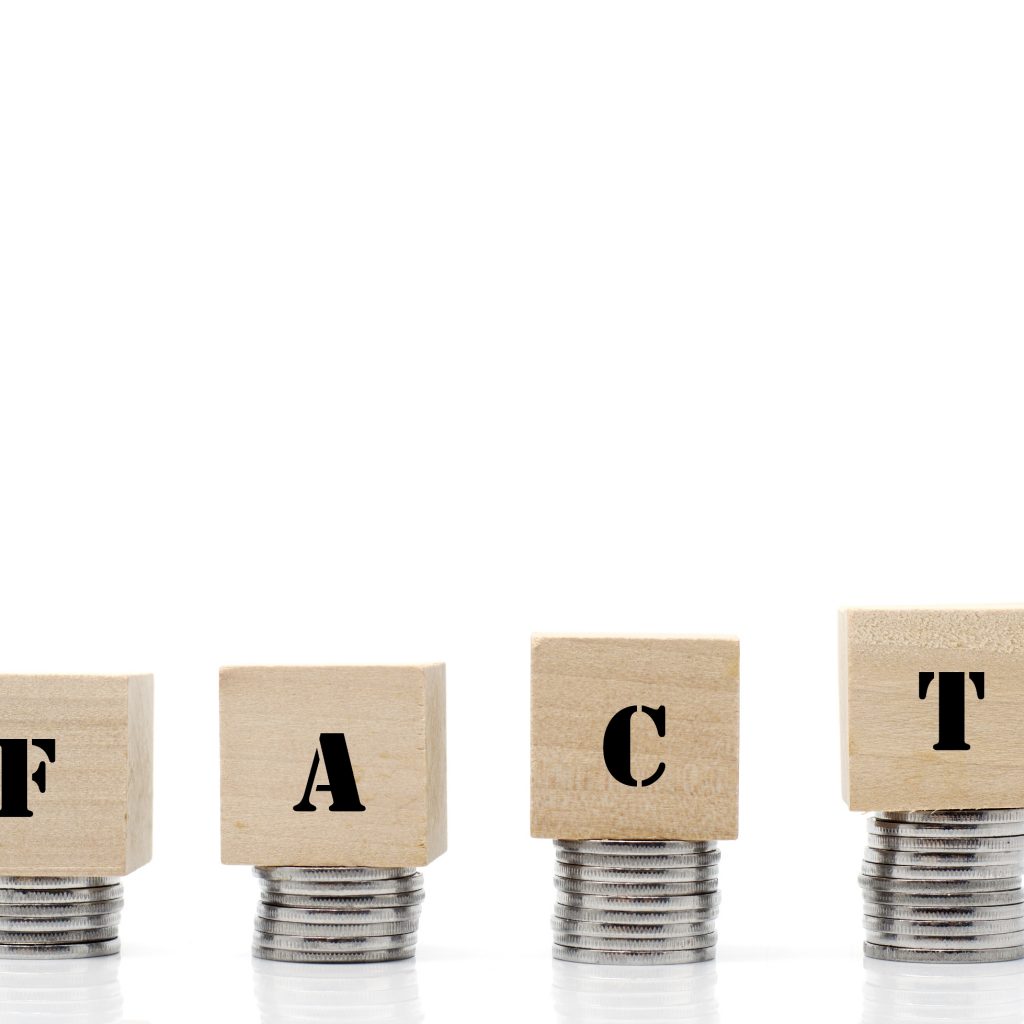
What are the most common mortgage mistakes anyone can make? Here are the answers.
The Most Common Mortgage Mistakes of Homebuyers
First, Credit Scores play an important role when applying for your home loans, so it’s imperative that you have good credit.
Depending on your credit reports, you will pay a certain down payment and monthly interest rates. Remember, the higher your scores are, the lower your rates will be. Before you browse mortgages for your home purchase, you should review your Equifax, Experian, and TransUnion credit reports. These three are the nation’s major credit reporting bureaus.
When attempting to obtain mortgages, you should avoid the following mistakes in relation to your credit score or mortgage:
Bad budgeting
Make sure you organize and plan ahead for your closing costs, down payment, insurance, and property taxes.
Accepting the first deal
Don’t take the first offer. Do your research on numerous lenders, borrowing requirements, fees, rates, etc. before accepting a mortgage.
Ignoring the fees
Make sure you know what the closing fees and points, bottom line, and interest rates are.
(READ: First Time Home Buyer Mistakes)
Not comprehending the loan
You must understand all the conditions and requirements of the loan, as well as the terms of the mortgage itself.
Accepting the wrong mortgage
Someone who has the income and means to pay off the loan fairly quickly is better suited for a fixed-rate, 15-year mortgage. However, if you would prefer to pay a lower interest rate presently, an adjustable rate mortgage is best.
Not knowing your credit scores before applying for a mortgage
Make sure you review your credit reports at least a few months before you shop for a mortgage, as this will allow you to browse for the best one and improve your scores if need be. Certain errors that are completely correctable on your reports can be addressed and the scores themselves can be raised. Reviewing the reports will improve your home loans. Other issues like the number of credit accounts you hold, as well as the credit-to-debit ratios of them, can negatively affect your scores. If these do not work in your favor, you may be subject to high interest rates.
Obtaining your credit reports is very easy, and you’ll even be offered alerts whenever changes are made to you profile or credit standing. Your home purchase will become a lot smoother and your line of credit will increase if you hold good credit, so you must always ensure that you are aware of your current status.


